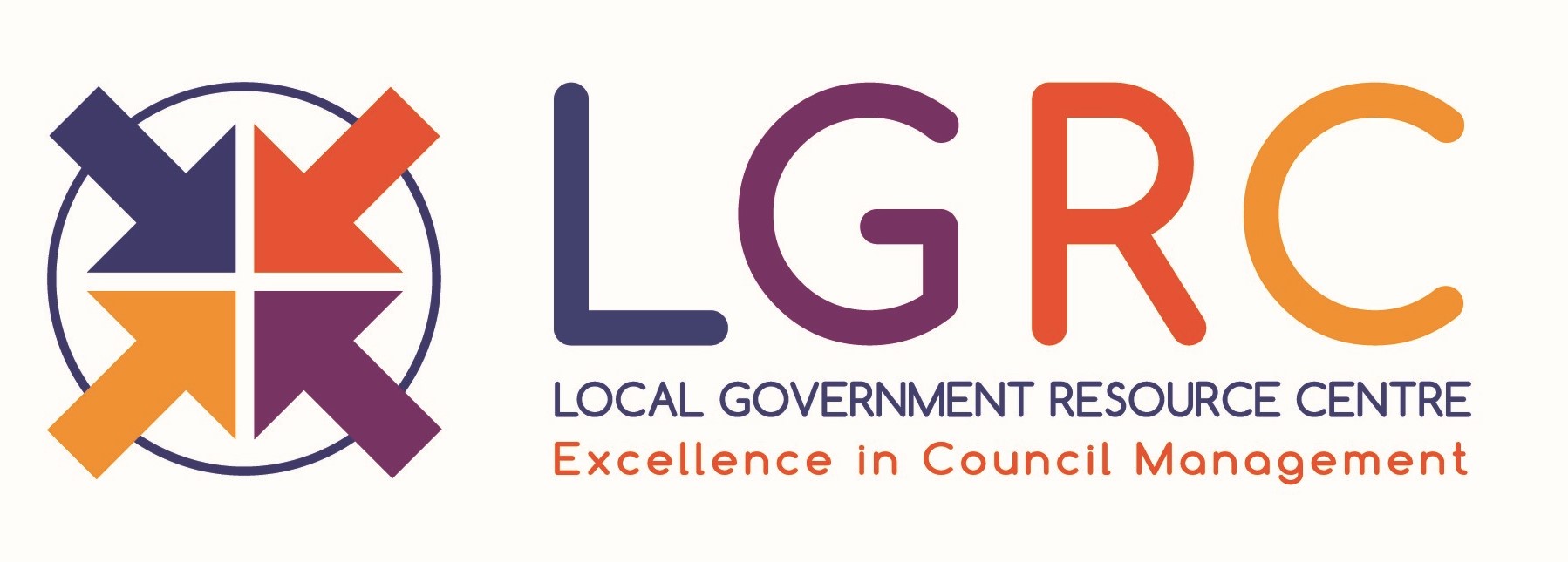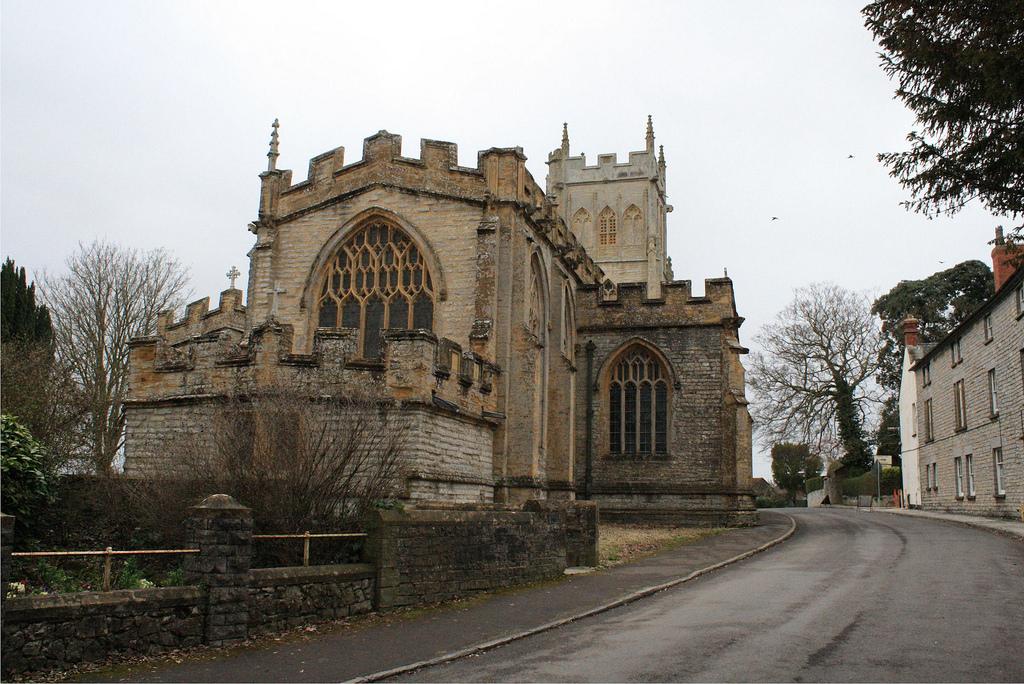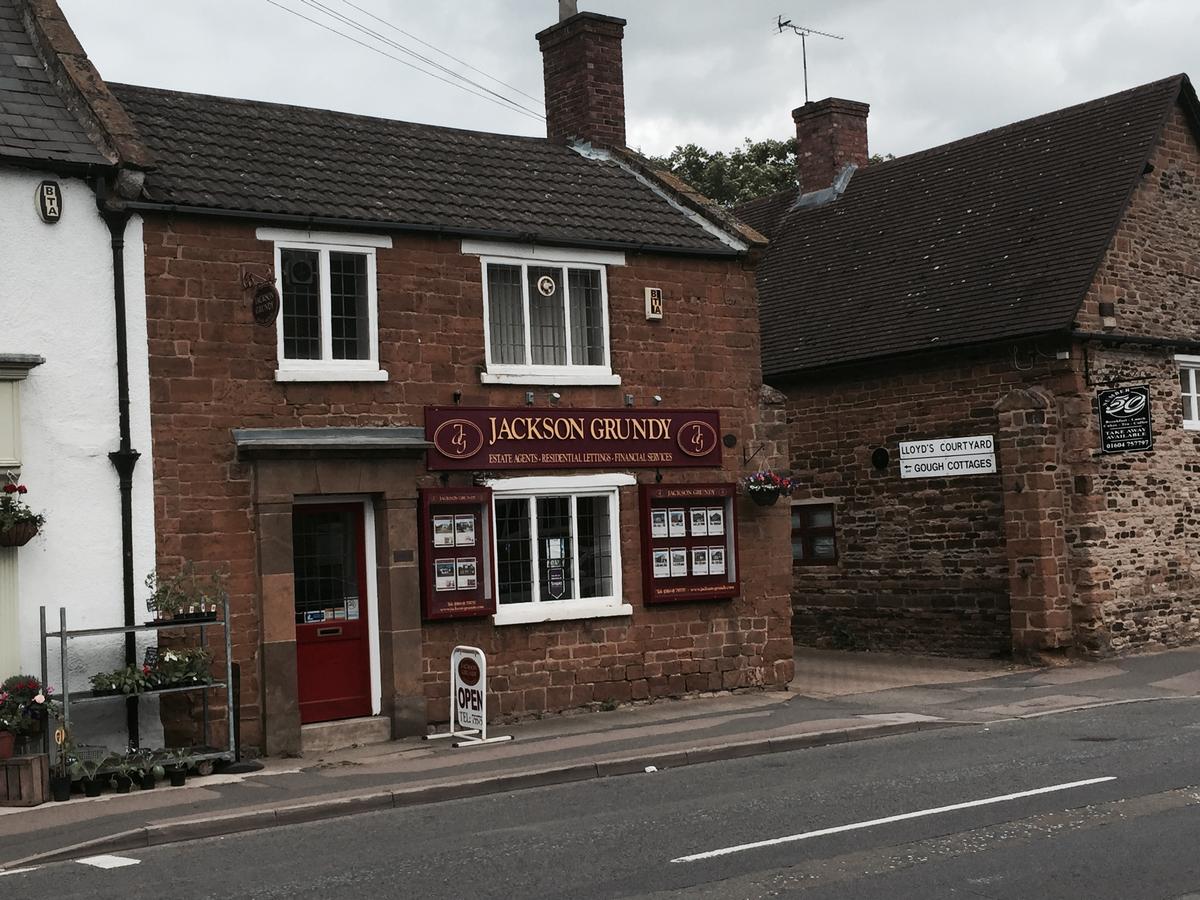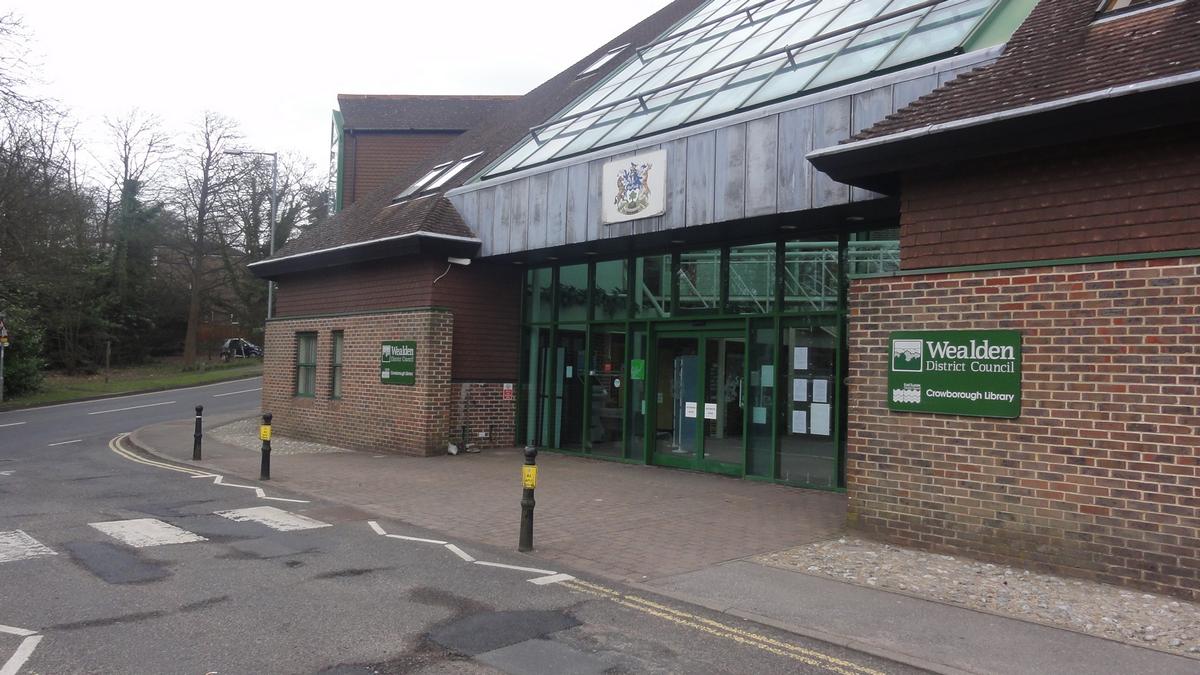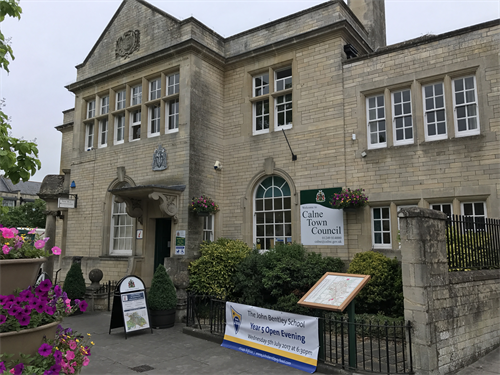Community Empowerment: The Solution Hiding in Plain Sight
LGRC’s position on building a modern, universal framework for local governance
Across England, government is once again talking about devolution and community empowerment. The English Devolution and Community Empowerment Bill promises to give communities a greater voice and more control over local priorities. Yet, amid this discussion, one obvious truth remains largely overlooked:
The solution to meaningful community empowerment already exists — within the Town, Parish, and Community Councils that already serve our local areas.
At LGRC, we believe that empowering and modernising these councils represents the most cost-effective and practical route to achieving genuine community empowerment across the country. With the right reforms, the existing local council framework could provide a universal, modern, and fit-for-purpose tier of community governance for both urban and rural England.
Why Reform is Needed
The current system of Town and Parish Councils is based on legislation that dates back to the 1894 and 1972 Acts—laws designed for a different age and largely for rural communities. Over time, many councils have grown in capability and confidence, taking on more responsibilities and demonstrating the real value of local governance.
However, the system remains fragmented and inconsistent.
Many urban areas still lack any form of local council.
The legal framework restricts flexibility and innovation.
National representation is divided between several small, overlapping organisations.
As a result, the potential of local councils to drive grassroots community leadership has not been fully realised.
A Modern Framework for Community Governance
LGRC proposes a comprehensive reform built around three key pillars:
1. Modernising Legislation
Replace the patchwork of outdated Acts with a single Community Councils Act. This would give councils the clarity and flexibility to deliver locally tailored services and partnerships with principal authorities. The principle of subsidiarity would determine at which level services were undertaken. Where discretionary services are not capable of being delivered at principle council level the community tier would be empowered to act.
2. Unifying Representation
Create a single National Association of Town, Community and Neighbourhood Councils to replace the current fragmented structure of National,and County Associations. A unified organisation would:
Represent councils with one strong national voice.
Provide consistent training, support, and professional development.
Develop specialist expertise in innovation, governance, and digital transformation.
3. Raising Standards and Public Confidence
Introduce a robust national standards regime based on the Nolan Principles and extend the Local Government Ombudsman’s remit to cover all community councils.
This would ensure transparency, consistency, and fairness, across thousands of small locally focussed entities — essential ingredients for maintaining public trust.
The Benefits of Reform
Creating a modern community governance framework would deliver clear, practical benefits:
Stronger Local Democracy: Residents would have more direct influence over local decisions.
Efficient Service Delivery: Community councils can take on discretionary services tailored to local needs, freeing principal councils to focus on statutory functions.
Fiscal Responsibility: Local services would be funded by local precepts, not central budgets.
National Coherence: A unified representative body would bring professionalism and alignment across the sector.
Public Confidence: Clear standards and oversight would ensure integrity and accountability across thousands of small locally focussed entities
A Policy Direction Already Articulated
This reform agenda builds naturally on the direction of travel set by the Local Government and Public Involvement in Health Act 2007, which first recognised the potential of community-level governance. The current English Devolution and Community Empowerment Bill provides a timely opportunity to complete that journey and embed community councils as a recognised, universal part of England’s local government structure. There is a danger that this opportunity might be missed under current proposals.
LGRC’s Position
LGRC believes that empowered, professional, and accountable local councils are the foundation of true community governance.
The model is already in place — proven, flexible, and trusted by millions of residents. What is needed now is the political will to modernise and unify the system so that every community, rural or urban, can benefit from genuine local empowerment.
Community empowerment doesn’t need to be invented — it needs to be recognised, reformed, and supported.
LGRC stands ready to work with councils, sector bodies, and government to help shape a 21st-century framework for community governance that truly delivers for local people.
